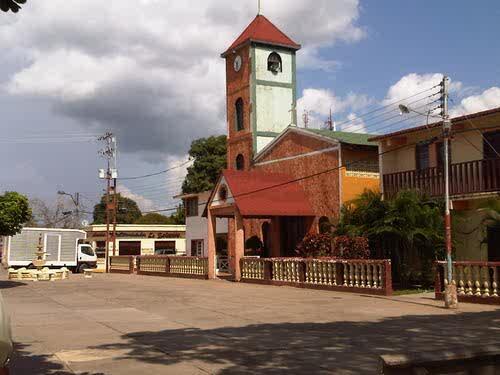For me, it has always been an enormous privilege to coincide in space and time with a woman of the stature of Venezuelan historian and researcher Inés Quintero, a renowned author that reveals our most recent history as a nation. I believe that her greatest worth is that she manages to transmit the psychology and emotions of the events while sticking to the facts that marked a time.
Once again, I had the good fortune of sharing a good time with her, thanks to the call of the NGO Venezolanas Globales and its Book Club, a program designed to read and discuss the works of Latin American women. The chosen book this time, La Palabra Ignorada [The Ignored Word], was already attractive enough to meet and appreciate its content, but having the presence of the author herself in the group was a luxury only possible thanks to Inés’ immense generosity.
The book tells the story of eight women, beginning in times of slavery, who were at the bottom of the social ladder because they were black in addition to being women, women who were traded as merchandise, priced based on their physical and human features, and sold without taking into account their own wishes. The work also includes the story of two women at the time of Independence and the First Republic.
What did it mean to be a woman in Venezuela in the 18th and 19th centuries? What were the social conventions for women? What were they socially obligated to? What was their family life like, their routines, their relationships with their partner and children? In what way were they linked to government authorities and political life? These are the questions that Inés addresses in this book because, as a historian, she confesses that she is concerned about finding the voice of women: “not the words of others about what they did or said, but their words directly”.
Invisible to history
“There are no studies on female slavery in the Venezuelan historiographic tradition,” Inés tells us. This silence by omission can have many readings, but it fully reflects the little weight or worth that the word of women has had throughout history. Her book makes us travel back in time to identify what we see of ourselves in those stories, hidden in the documents and papers of the great historical archives and that no school or college book has bothered to collect.
Reading La Palabra Ignorada faces us with historical misogyny, colonial patriarchy, and exacerbated discrimination when class, sex, race, and age are mixed. It connects us with the day-to-day experiences of women who fought for their personal freedom with all the odds against them and made their voice heard despite everything: “it is not just a matter of recognition but the dissemination of their testimonies to fully understand that moment in history”. Making these stories of ordinary women visible makes us understand that we are not all standing in the same place when it comes to defending our rights, but the idea of wanting to be truly free brings us together.
Slavery and the female condition
Reading and listening to Inés helps us to appreciate the courage, dignity, strength, and sensitivity of the protagonists of these amazing stories. They are the voices of women in the face of constituted power: the father, the master, the husband, the priest, the politician, the judge… They ask for their freedom, defend themselves from violence, aspire to participate, and do not always come out victorious. But they are an example of what setting limits is possible to do so as not to be beaten anymore, claim social spaces, and stop being objects to become subjects with full rights.
They were acts of absolute rebellion that, through documentation, made Inés live “an extraordinarily emotional and moving experience.” We felt the same when we read them because the stories inevitably lead us to wonder if we women have ever really stopped being slaves.
Two hundred and thirty years later, we still are not taken seriously when denouncing sexual abuse; we bear the pressure of biological reproduction as a destination or domestic work without compensation disguised as love and service. Women continue to be relegated to the private sphere with many obstacles to accessing public power; discarded when we get old or hyper-sexualized, objectified, and valued by our physical appearance when we are young.
We remain under the conservative religious and political power that dictates what is right for us and demonizes those who abort or divorce. The power that tells us that our bodies do not belong to us and that free women are synonymous with debauchery. We continue to sacrifice our dreams and ambitions for the kids, the family, or anybody else. We remain the property of possessive husbands or companies that pay us less than men because they do not consider that our work has the same value.
They were feminists
But we also continue in the fight for equality and freedom that these women started before us, for the right to express ourselves and for our word not to be ignored anymore. We continue to demand our rights with the same libertarian impetus and greater collective awareness, inspired by their achievements and sharing their tenacity and determination.
With this reading, we confirm that the feminist movement in Venezuela began at the time of slavery and independence and that women of the following generations have followed suit. Thank you, Inés, for giving us a historical perspective to look into the courage of those Venezuelan women who, with all certainty, still live in each one of us.
Translated by José Rafael Medina




